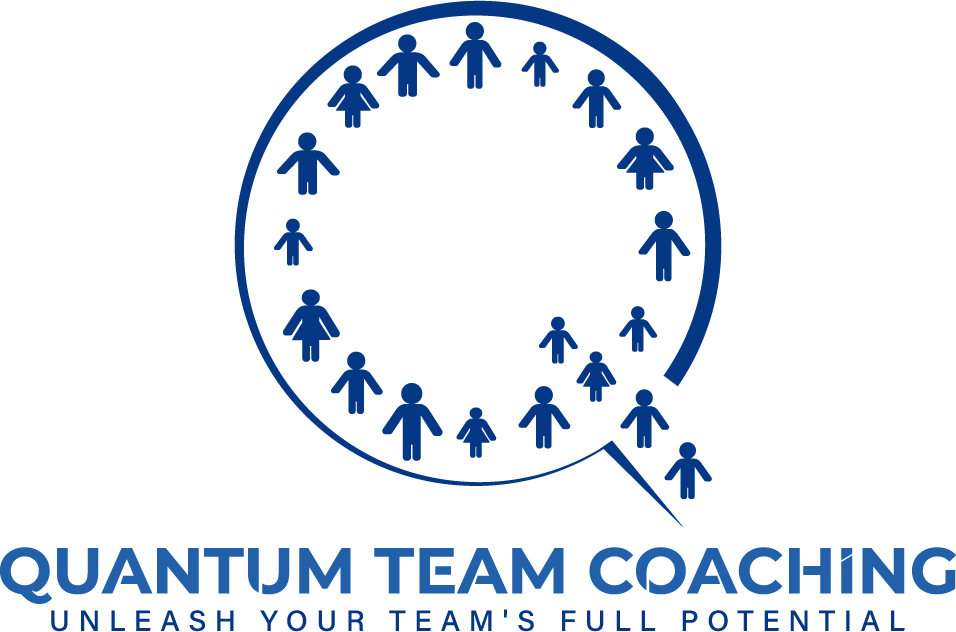In today’s fast-paced and competitive environment, the success of a team often hinges not just on their technical abilities but also on how well they work together. Soft skills—such as communication, teamwork, adaptability, and conflict resolution—are critical to ensuring that a team functions efficiently and harmoniously. One of the most effective ways to develop these skills within a team is through targeted coaching interventions. This article explores how soft skills coaching can enhance team performance, drawing on real-world examples and case studies to illustrate its impact.
The Power of Soft Skills Coaching
Soft skills, often referred to as interpersonal or people skills, play a crucial role in a team’s ability to collaborate and achieve its goals. Unlike hard skills, which are job-specific and can be easily measured, soft skills are more about how team members interact with each other and how they approach their work. These skills include communication, leadership, emotional intelligence, problem-solving, and the ability to work well in a team.
Soft skills coaching is a focused intervention designed to help team members develop these essential abilities. By improving how team members interact and communicate, coaching can create a more cohesive, motivated, and effective team. This, in turn, leads to better outcomes, whether it’s in terms of productivity, customer satisfaction, or financial performance.
Case Study 1: Improving Accounts Receivables (AR)
Consider a healthcare practice struggling with its Accounts Receivables (AR). The team responsible for billing and collections was technically proficient, yet the AR remained higher than desired. After an assessment, it became clear that the problem was not with the team’s technical skills but with their ability to communicate effectively, both within the team and with patients.
A soft skills coaching intervention was implemented, focusing on improving communication and teamwork. The team learned how to communicate more clearly and empathetically with patients about billing issues, and within the team, they improved their processes for handling collections. As a result, AR improved significantly, leading to better cash flow for the practice.
Case Study 2: Enhancing Patient Communication and Retention
Another example comes from a medical practice where patient satisfaction scores were declining, largely due to poor communication. Patients were frustrated by delays in receiving lab results and felt that the staff was unresponsive to their concerns. This not only threatened patient retention but also the practice’s reputation.
Soft skills coaching was introduced to help the team develop better communication strategies and improve their responsiveness. The coaching sessions included role-playing exercises to help staff members practice delivering difficult news and communicating more effectively under pressure. Additionally, the team worked on improving their time management skills to ensure that lab results were communicated to patients promptly.
The impact was profound. Patient satisfaction scores improved, fewer patients left the practice, and the overall atmosphere in the office became more positive and collaborative. The practice also saw financial benefits as a result of increased patient retention and a stronger reputation in the community.
Case Study 3: Streamlining Team Processes
In another case, a company with a team responsible for managing client projects was facing issues with missed deadlines and inconsistent quality of work. The team was talented but struggled with internal conflicts and a lack of clear processes. This led to frustration among team members and dissatisfaction among clients.
The company brought in a coach to help the team develop their soft skills, particularly in the areas of conflict resolution, process management, and team collaboration. Through coaching, the team learned how to handle disagreements constructively, streamline their processes, and work together more effectively.
As a result, the team became more organized and efficient. Deadlines were met more consistently, the quality of work improved, and client satisfaction increased. The team also reported higher job satisfaction, as the improved processes reduced stress and made their work more rewarding.
The Financial Impact of Soft Skills Coaching
One of the most compelling reasons to invest in soft skills coaching is its potential to positively impact a company’s financial performance. As seen in the case studies, improving communication, teamwork, and other soft skills can lead to better outcomes in areas such as Accounts Receivables, patient satisfaction, and project management. These improvements, in turn, can lead to increased revenue, reduced costs, and a stronger competitive position in the market.
For example, in the healthcare practice that improved its AR, the financial benefits were immediate and measurable. With better communication and processes in place, the practice was able to collect payments more efficiently, leading to a healthier cash flow and the ability to invest in further improvements.
In the medical practice that enhanced patient communication, the financial impact was seen in higher patient retention rates. By reducing the number of patients leaving the practice, the practice maintained a steady revenue stream and avoided the costs associated with attracting new patients.
Conclusion: The Long-Term Benefits of Soft Skills Coaching
Soft skills coaching is not just a short-term fix; it offers long-term benefits that can transform a team and its performance. By focusing on developing the interpersonal and collaborative skills that are essential for effective teamwork, coaching can help teams overcome challenges, improve their processes, and achieve better results.
Investing in soft skills coaching is an investment in the future success of your team and your organization. As the case studies show, the impact of such coaching can be profound, leading to improved financial performance, higher levels of job satisfaction, and a stronger, more cohesive team. Whether your goal is to improve communication, enhance teamwork, or streamline processes, soft skills coaching can provide the tools and insights needed to achieve those objectives.





